Women from coastal upazilas of Khulna, Satkhira, and Bagerhat face daily hardships as they walk miles to collect clean drinking water. Despite the presence of reservoirs and deep tube wells, excessive levels of arsenic, salinity, and iron make the water unsuitable for consumption. This crisis has been exacerbated by the impact of cyclones Sidr, Aila, and Rumel, leaving residents, particularly women, to endure physical strain and health risks in their quest for safe water.
Khulna, June 30 (V7N)- At least 14 upazilas of the three districts of Khulna, Satkhira and Bagerhat on the south-west coast have faced a shortage of clean drinking water. Although these upazilas have sources like reservoirs or deep tube wells, they are not suitable for drinking due to excessive arsenic, salinity and iron. In addition, fresh water problems have emerged across the region following the impact of Sidor, Ayla and, most recently, Remal last month. Residents of these areas, especially women, have to suffer daily to collect clean drinking water. They have to walk several miles to fetch a jug of water.
Some blame shrimp farming for this situation; Some blame the government's ill-conceived and ill-conceived scheme. Some have linked the effects of climate change and the depletion of freshwater bodies to this.
There is an acute shortage of drinking water in Khulna in three upazilas of Koira, Paikgacha and Dakop. The situation is the same in Bagerhat's Rampal, Sharankhola, Morelganj and Mongla. On the other hand, there is more or less drinking water shortage in all the upazilas of Satkhira. Locals said that the crisis has become more intense since the beginning of April due to heat waves.
Maryam Begum, a resident of Sutarkhali area near the Sundarbans of Dakop Upazila, said, 'The problem of our drinking water has not gone away. Drinking water shortage is most severe in Kalabagi, Sutarkhali, Kamakhola and Gunari areas. Excess salinity in tubewell and reservoir water.'
Abdullah Al Mahmud, Deputy Assistant Engineer of Public Health Engineering Department of Dakop Upazila said, "The underground water in this area is almost unfit for drinking." Tube wells, plants, ponds have been dug and renovated to supply fresh water, but it is insufficient compared to the population.
Sheikh Tariqul Islam, a local journalist of Koira upazila on the coast, said, "From winter to monsoon, the residents have to go through suffering for a long time. From Monsoon to the middle of Ashwin, they run for a few days with rain water. However, most families do not have a large container to store water. Many are forced to collect water by paying money. The cost of collecting fresh water in the coast is also higher than in the capital.
Akmal Hossain, Executive Engineer of Khulna Directorate of Public Health and Engineering, told Merchant Barta, "It is always a challenge for us to deal with the water crisis in the salty coastal areas. Several projects are underway to overcome this crisis. If the project is completed, the water problems of the people of this region will be reduced.
A few villages near the Sundarbans of Koira Upazila can be seen on the ground, although there is water around these towns, it is salty. Most of the women bathe in river water and do household work.
A survey by the United Nations Development Program (UNDP) in 2021 highlighted the plight of safe drinking water for the coastal people of the country. According to the survey, 73 percent of people in coastal areas have to drink unsafe saline water. few villages near the Sundarbans of Koira Upazila can be seen on the ground, although there is water around these towns, it is salty. Most women bathe in river water and do household work.
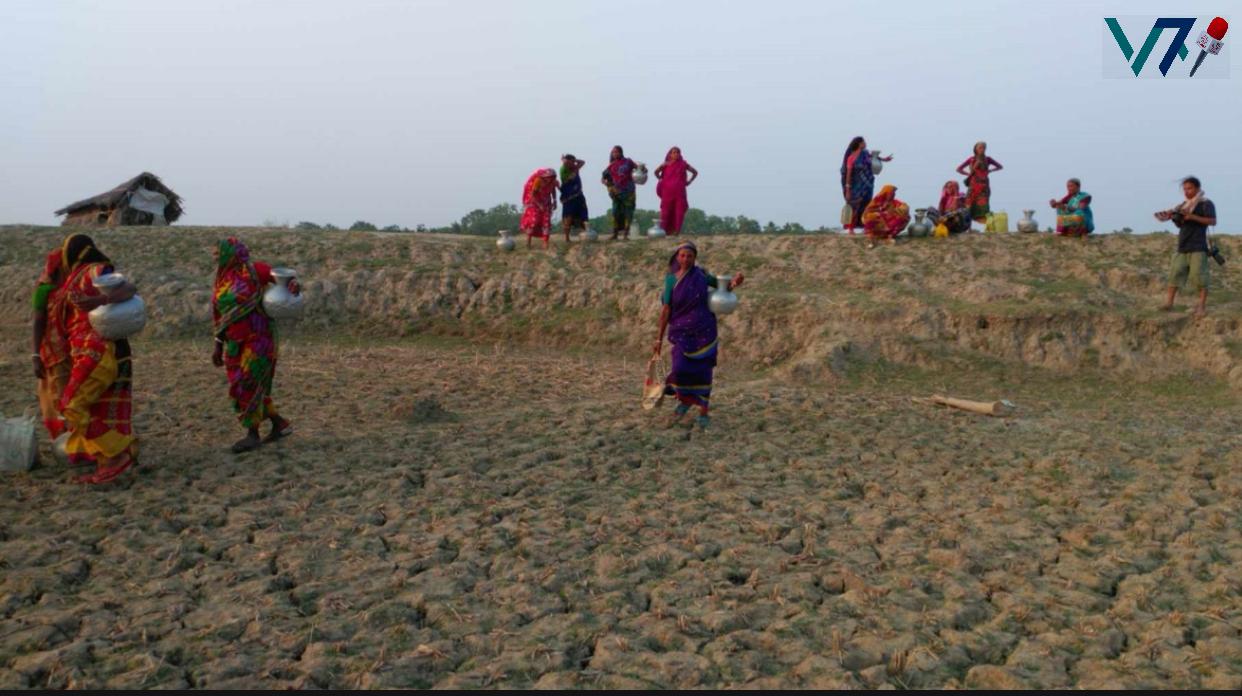
A survey by the United Nations Development Program (UNDP) in 2021 highlighted the plight of safe drinking water for the coastal people of the country. According to the survey, 73 percent of people in coastal areas have to drink unsafe saline water.
Savita Rani of Kalapata village of Bagali Union of Koira Upazila said, 'We have to go out with the pitcher at night. It takes one and a half to two hours to cross two bills and get fresh water from the government pond. One has to walk three to four miles in hot weather. The situation is the same for the residents of nearby Amtala, Kayabuniya, Sindurtala and Kalabari villages.
Koira Upazila Health Officer Rezaul Karim said, "The people of the coast are forced to drink water from the pond. Because of this, many people come to the hospital with diarrhea, dysentery, stomach pain and skin diseases.
Rezaul Karim also said. Kidney and liver of pregnant women can be damaged due to drinking salty water.
Rashiduzzaman, Member of Parliament for Khulna's Koira-Paikgacha, said, "year after year, freshwater ponds have been irreparably damaged due to shrimp farming by trapping brackish water."
Professor of Soil, Water and Environment Department of Khulna University. Sheikh Motasim Billah thinks that the Department of Public Health and Engineering has spent crores of rupees to meet the demand of fresh water on the coast, but unplanned and unplanned work is not getting long-term benefits.
Neelima Sarkar, Savitri Sarkar and Anima Mandal of Khutikata village of Kashimari Union of Shyamnagar Upazila of Satkhira said that every morning they have to collect drinking water from the neighboring villages of Baradal and Kathabari. Just as there is disruption in the work of the family whi
le collecting water, one has to bear physical pain and suffering.
GM Maksudul Alam, Chairman of Gabura Union, said that out of 15 villages in his union, 11 villages have severe shortage of drinking water. Especially the women of Chandnimukha, Dumuria, Khalshibunia, Hetalbunia, Chakbara, Sora and Parsvemari villages walk from long distances to collect drinking water. At least 36,000 out of 42,000 people in his union are in need of clean water.
The situation is similar to Shyamnagar in Asashuni, Debhata, Kaliganj, Tala, Kalaroa and Satkhira Sadar upazilas of the district.
Member Secretary of Satkhira District Citizen Committee and former president of Satkhira Press Club, Abul Kalam said, "Since the impact of Cyclone Aila and Sidor, the drinking water or fresh water crisis has increased in the coastal areas of Satkhira and it has taken a terrible shape due to the impact of Remal.
Dr. Satkhira Medical College and Hospital. Manas Kumar said that if you drink salty water for a long time, it can cause kidney and liver damage as well as various skin diseases.
Satkhira directorate of public health engineering executive engineer. Shahidul Islam said that 25-30 percent of people in the district are suffering from drinking water. He said that the rain water conservation project is going on at a cost of 75 crore rupees to solve the fresh water crisis. The work will be completed in 2026.73 percent of households in the Sundarbans coast are deprived of clean water.
This is due to lack of political will, insufficient budget; coordination and management errors; Socio-cultural barriers and ignorance. The people of this coast are still far away from safe water as well as sanitation facilities. Solving these problems requires the most foresight at the policy-making level and at the same time requires long-term action at the public and private levels. Otherwise the people of the coast will be forced to choose a refugee life due to lack of water.
END/V7N/SDK/DK/



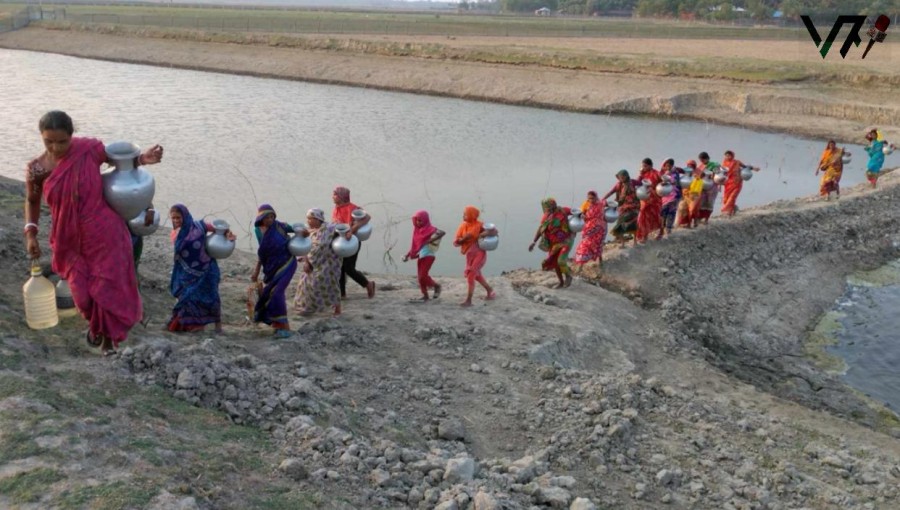





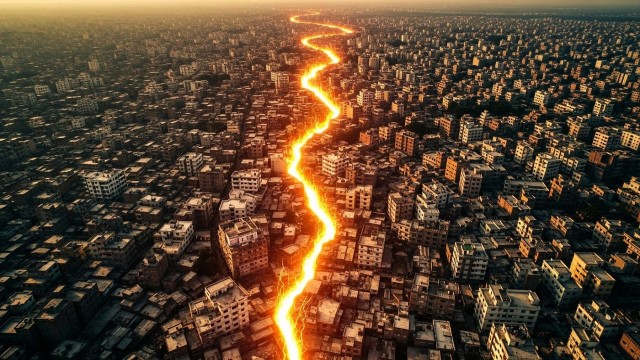



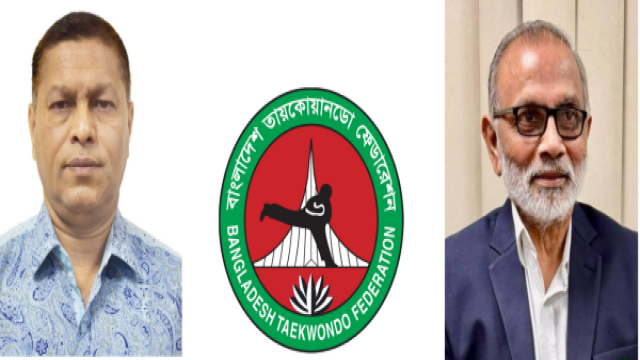
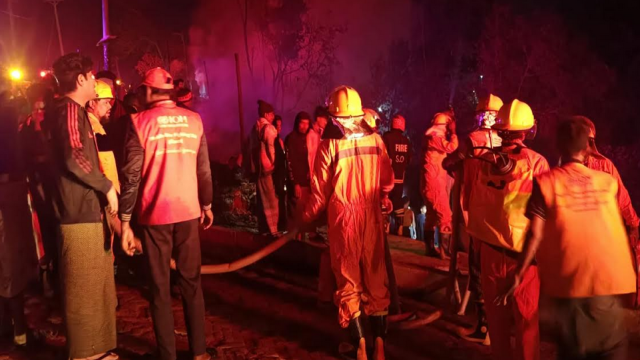
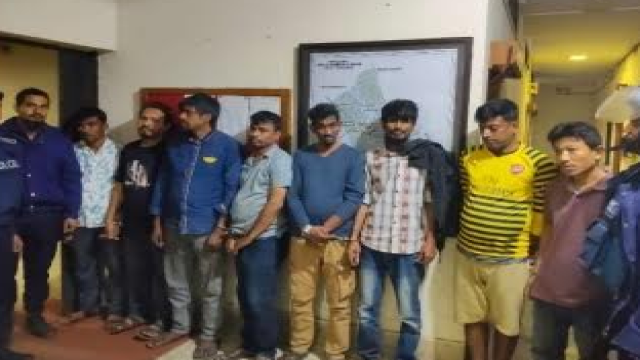
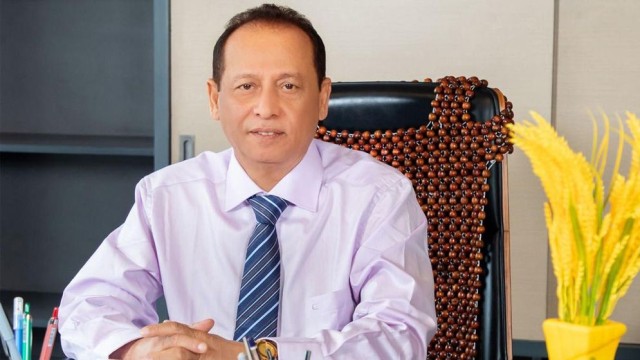
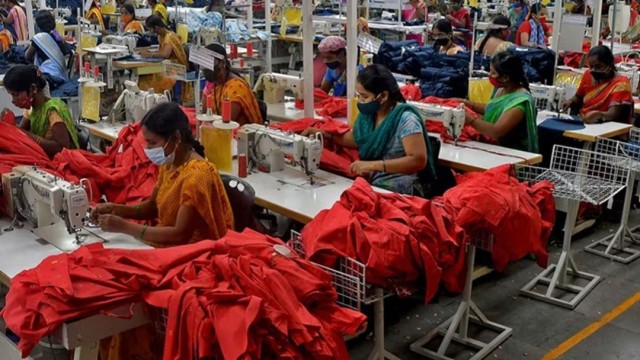

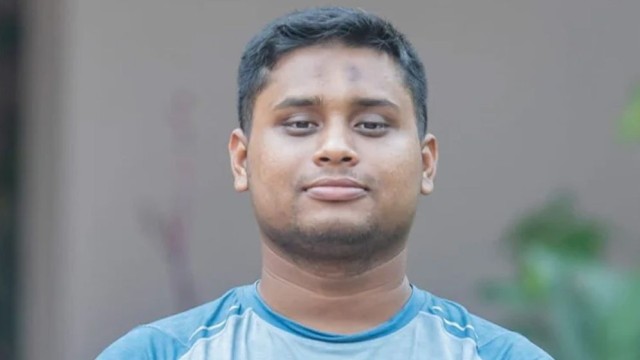











Comment: